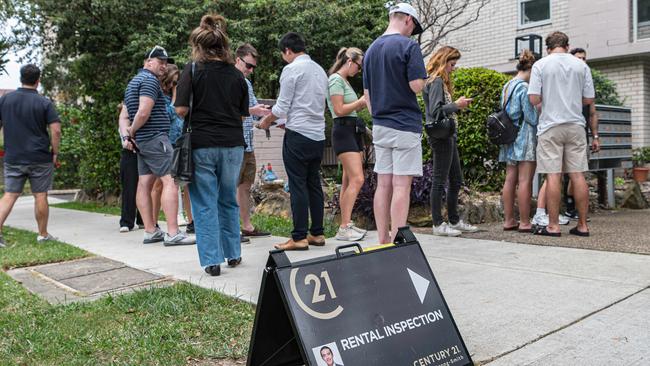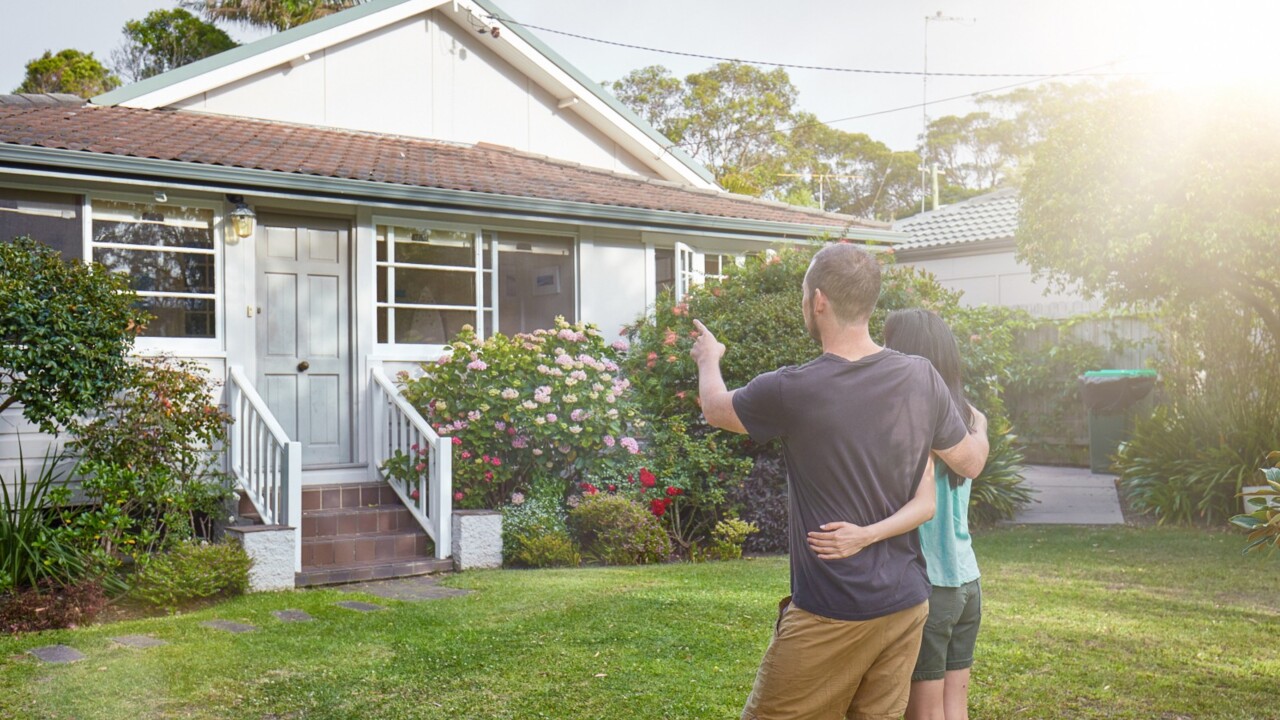Rent rises are hurting more than just real estate tenants
It’s not just tenants hurting from ridiculously high rental costs – even property owners and investors are impacted.

Tenants are stuck in a perfect storm when it comes to trying to secure a roof over their head.
Surging rental prices, shrinking rental property listings and a booming population have combined to make this the toughest market in decades.
Experts believe the squeeze will continue this year, adding that rising property prices are making it even more difficult for tenants to become owners because they need to save for bigger deposits while paying a bigger portion of their weekly income to landlords.
However, it’s not just tenants who should be unhappy with the pace of rent rises, up 11.5 per cent last year, according to PropTrack research.
Owner occupiers and even property investors have reasons to hope that this rent growth slows.
It’s all to do with interest rates, and the inflation that drives them.
The latest Consumer Price Index monthly inflation data put rents rises at 7.4 per cent for the 12 months to January, behind only tobacco (10.7 per cent) and insurance and financial services (8.2 per cent) as the fastest-rising prices.

Rents are a significant component of overall CPI, and unless the rises start to moderate soon there is little chance of the Reserve Bank cutting its official cash rate quickly and reducing pressure on mortgages for owner-occupiers and investors.
Some people will argue that investors are loving these sharp rent rises, but most would prefer that interest rates fell sooner rather than later. Rates won’t drop while rents keep rising so sharply.
PropTrack says capital city rents rose 10 per cent in 2022, then another 11.5 per cent last year, but that combined increase of 23 per cent over two years is little more than one-third the size of the rise in loan repayments since March 2022 of 62 per cent, caused by 13 RBA interest rate rises.
Of course, some landlords have lifted their rents much more than the average, while others have limited their increases – especially for reliable longstanding tenants who they do not wish to hurt further financially.
Owner occupiers, while more fortunate than tenants in times of rising rents and house prices, would still want their mortgage interest rates to fall as soon as possible.

Many also have family members who are tenants – often adult children trying to scrape together a deposit – so they don’t want to see such a tight rental market.
Tenants, of course, are still the biggest losers from rising rents, which come on top of other cost-of-living surges such as groceries, utilities, insurance and fuel.
Some good news is emerging for renters, as more tenant-friendly laws come into force in several states, giving tenants more flexibility and making it harder for landlords to evict them.
But the biggest force impacting the housing market is supply and demand, and while low supply and high demand remains it will be tough for tenants to get ahead financially and find their ideal property.
The perfect storm swirling around renters shows no signs of abating just yet, and there are very few winners.






To join the conversation, please log in. Don't have an account? Register
Join the conversation, you are commenting as Logout